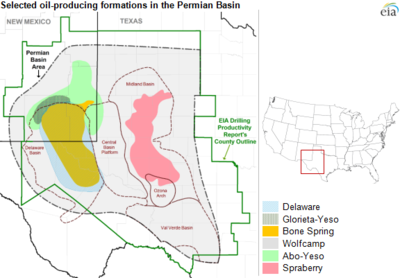A case that has gained attention in the Texas oil and gas industry is the case of Samson Exploration v. T.S. Reed Properties which is currently awaiting a decision by the Texas Supreme Court. The case involves three gas wells and two mistakenly overlapping pooling units in Hardin County, Texas. The boundaries of the first unit were amended by the well operator, but the boundaries of the second unit were not. The two main issues, as stated by the Texas Ninth Court of Appeals, are : “First, whether the stakeholders participating in (the first unit) can recover damages from the operator of the unit when the operator amended the boundaries of the unit to exclude a well that was within the boundaries of the original unit, and where the stakeholders accepted royalties attributable to the amended unit without challenging the operator’s authority to amend the original unit’s boundaries. Second, whether the stakeholders in (the second unit), based on their claims for breach of contract, can recover damages from the operator due to the operator’s failure to pay royalties on oil and gas produced from a well that the operator contends was (originally) included in that unit by mistake”.
In October 2015, the Texas Ninth Court of Appeals opinion ruled that the stakeholders in the first unit had ratified the amendment to the unit by accepting royalties attributable to the amended first unit. Therefore, those stakeholders should recover nothing. The Ninth Circuit further determined that the stakeholders in the second unit could recover damages from the well operator for the operator’s failure to file an amendment to the description defining the pooling unit’s boundaries, but that the award of damages in the trial court was excessive because it awarded royalties for prior to the time the unit existed.
Many in the Texas oil and gas industry, like Texas Alliance of Energy Producers, support Samson’s claim that the royalty owners in the first gas unit ratified the unit amendment by accepting royalties after the unit was amended, and that they should not be required to pay royalties from one well to lessors in both gas units.




